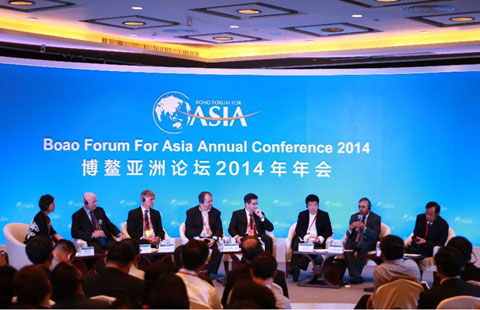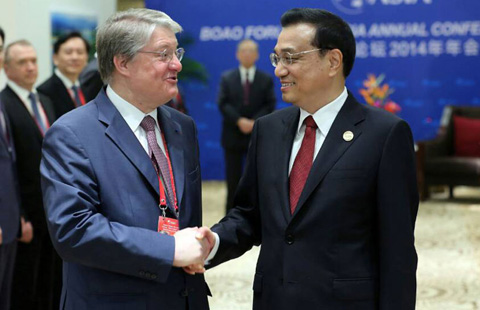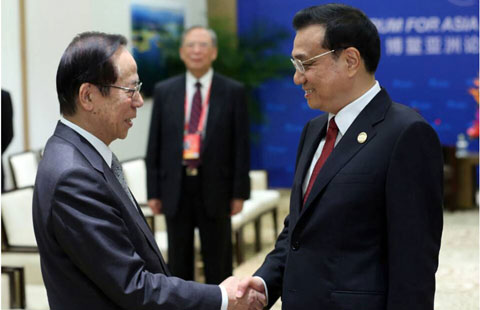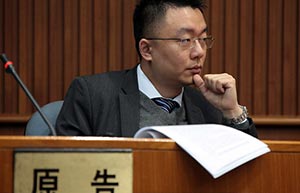Li stresses cross-Straits harmony
By An Baijie in Beijing and Zhao Yinan in Boao, Hainan (China Daily) Updated: 2014-04-11 06:31The protesters, mostly young students, ended their occupation of the legislative chamber on Thursday.
Zhang said he wanted to have discussions with small and medium-sized companies in Taiwan to hear their views.
Asked if he wished to talk to the students who protested against the pact, Zhang said he was willing to talk to people from all walks of life in Taiwan.
|
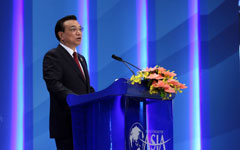 |
|
 |
On March 30, about 100,000 protesters joined a sit-in on Ketagalan Boulevard and nearby streets in Taipei.
A follow-up to the 2010 Economic Cooperation Framework Agreement, the service trade agreement aims to open up 80 of the mainland's service sectors to Taiwan and 64 Taiwan sectors to the mainland.
Taiwan leader Ma Ying-jeou said on Wednesday that if the cross-Straits service trade pact could not be enacted, the island's economy would be seriously affected, taiwan.cn reported.
The pact could bring more job opportunities, not unemployment, to Taiwan, Ma said, adding that as of January, Taiwan had opened 495 companies on the mainland, which had hired 9,624 workers from the island.
Ma said on Tuesday that Taiwan's opposition party should not boycott the review, and the public should reach a consensus benefiting the people of Taiwan in the future. He welcomed the protesters' decision to leave the legislative chamber, which they had occupied since mid-March.
Justin Yifu Lin, former World Bank vice-president and an economics professor at Peking University, voiced support for the Taiwan authorities' efforts to stimulate economic growth.
The pursuit of free trade was a global trend, and Taiwan people should focus on what was good for the local economy, Lin said on Wednesday at a question-and-answer session at the forum.
Born in Taiwan and speaking of his experiences over the past 40 years, Lin said that discussions on any other subject would be in vain if Taiwan failed to grasp the opportunity for economic development.
|
 |
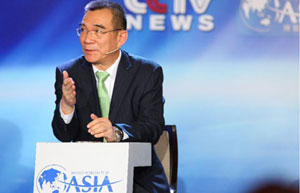 |
- Global economy needs bold action to solidify growth
- Mercedes to unveil all-new CLA at Auto China 2014
- Recent yuan's depreciation within 'normal' range
- China's March PPI down 2.3%
- Dahe Spring Auto Show opens in Henan
- China's inflation up 2.4% in March
- China trying for regional trade pact by 2015: Premier
- SOEs in search of strategy for change amid reform drive

